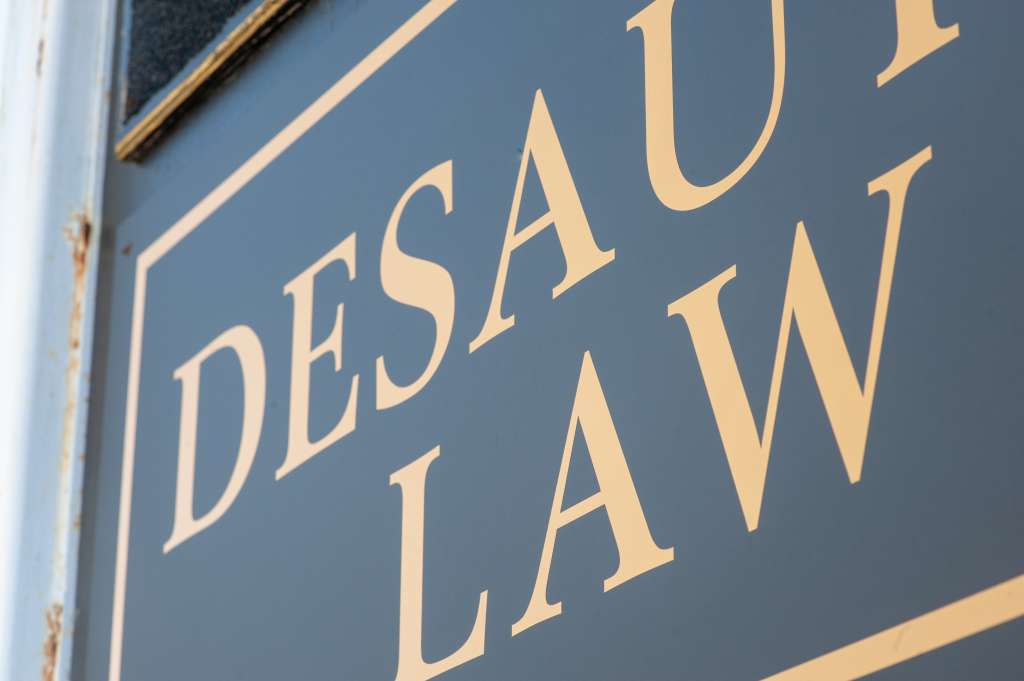
We have reviewed several hazardous and/or solid waste-related topics on federal and Rhode Island laws on the Desautel Browning Law blog previously, but today’s blog post focuses on environmental protection laws related to solid waste management in Massachusetts; Desautel Browning Law employs attorneys licensed in Rhode Island as well as in Massachusetts. How does Massachusetts manage solid waste in the state and ensure that the associated environmental protection laws are carried out? Read on to learn about the Bureau of Air and Waste’s work in this area.
Environmental Protection Laws and Solid Waste
In Massachusetts, the Department of Environmental Protection (“MassDEP”) enforces many of the environmental laws of the state. This includes solid waste management required by 16 Massachusetts General Laws § 18 et seq., which is overseen by the Bureau of Air and Waste as well as the various Regional Solid Waste Section Chiefs. Solid waste facilities, including landfills, compost sites, transfer stations, and processing facilities, must be permitted by MassDEP to accept solid wastes and must follow the laws, regulations, and guidance associated with these activities. The purpose of solid waste management is to plan for the current and future needs of the state with regard to proper disposal and recycling of the waste generated.
The Solid Waste Master Plan is required by law under 16 Massachusetts General Laws § 21, which requires MassDEP to maintain a comprehensive statewide master plan for the management of solid waste and to update that document every ten years. MassDEP studies the needs for waste disposal and creates a plan to manage solid waste for the short- and long-term. The plan, at a minimum, must identify: waste generated by each municipality; the current means for collection, transfer, processing, recycling, and other disposal methods; whether the waste is being disposed of at permitted facilities; the life expectancy of those facilities and alternative options; and proposed options for the next five years. The first plan was developed in 1990, and the state has been targeting “zero waste” initiatives since.
Updating the Solid Waste Master Plan
Currently, MassDEP is in the process of updating the Solid Waste Master Plan and released its Draft 2030 Solid Waste Master Plan in September of last year, to establish the direction of the program from now until 2030. It held five public hearings on the plan and accepted public comments through December 6, 2019. Based on input MassDEP received during that time, it has scheduled an additional four meetings for this year, to be held online. Public comments will now be accepted through September 15, 2020. This public comment period is specifically focused on addressing issues of environmental justice, climate change, and impacts on solid waste management as a result of COVID-19. The next meetings are set for August 20 from 6 a.m. to 8 a.m., September 1, and September 15. The Draft 2030 Solid Waste Master Plan is available as a PDF file here, and a presentation on the goals, policies, and strategies of the plan is available here (accompanying slides).
To discuss the impacts of the plan and its upcoming revisions on you or your business, or to talk about the environmental protection laws relating to solid waste, email us at help@desautelbrowning.com or call 401.477.0023 today to speak with one of our Massachusetts-licensed attorneys. Desautel Browning Law has experience working directly with solid waste facility operators, former operators, and the municipalities in which they do business.
